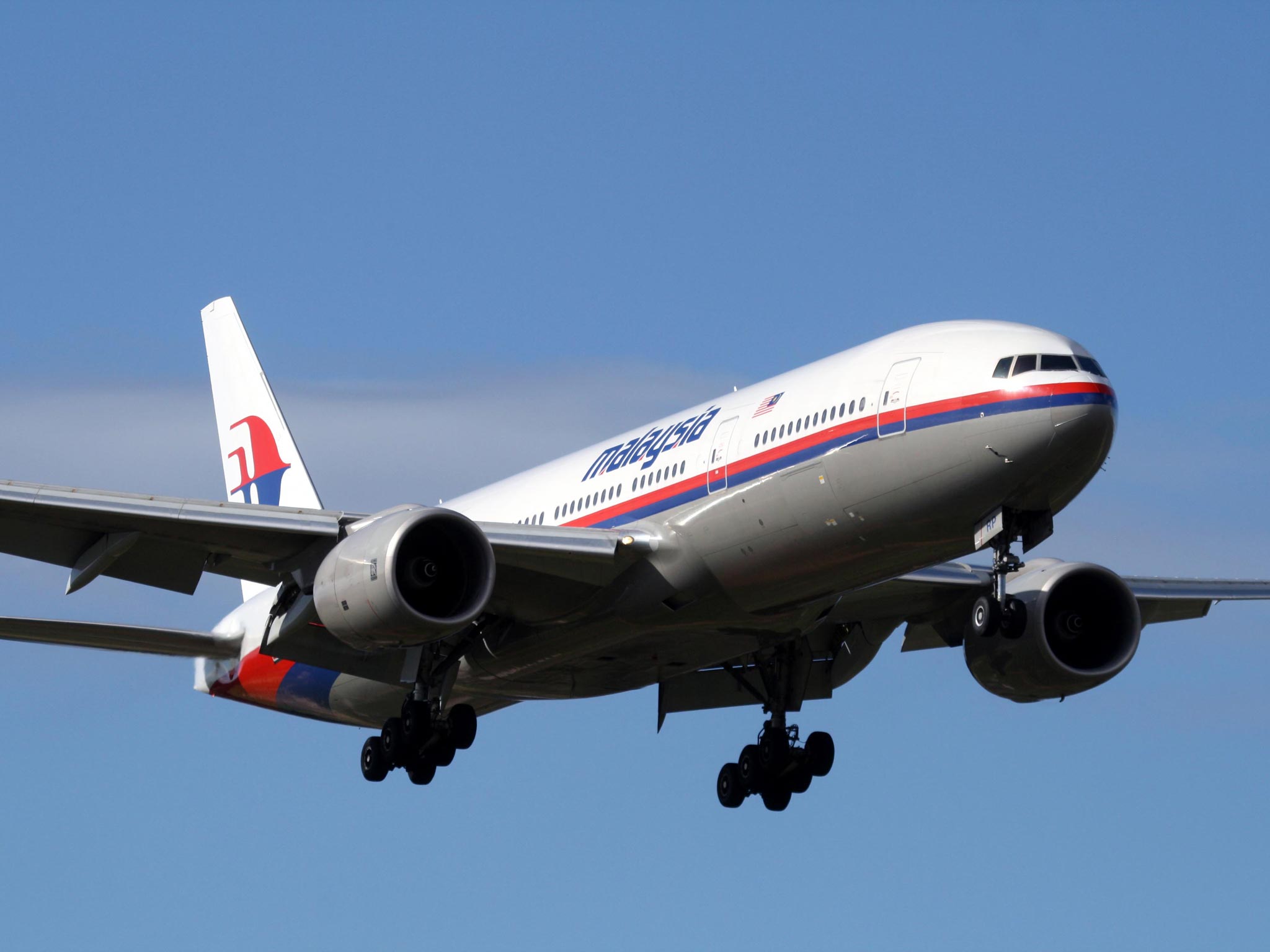Missing Malaysia Airlines plane: Despite expected death toll we must remember air travel has never been safer
The total 239 presumed dead aboard the flight is barely more than the number killed on Chinese roads every day

Your support helps us to tell the story
From reproductive rights to climate change to Big Tech, The Independent is on the ground when the story is developing. Whether it's investigating the financials of Elon Musk's pro-Trump PAC or producing our latest documentary, 'The A Word', which shines a light on the American women fighting for reproductive rights, we know how important it is to parse out the facts from the messaging.
At such a critical moment in US history, we need reporters on the ground. Your donation allows us to keep sending journalists to speak to both sides of the story.
The Independent is trusted by Americans across the entire political spectrum. And unlike many other quality news outlets, we choose not to lock Americans out of our reporting and analysis with paywalls. We believe quality journalism should be available to everyone, paid for by those who can afford it.
Your support makes all the difference.Today, as every day, close to one million passengers will step aboard Boeing 777s at dozens of airports worldwide. Unlike other days, though, many of those travellers may note with a shiver that they are flying on the make of aircraft that was lost in the early hours of this morning.
No other form of transport, indeed no other sphere of life, enjoys aviation's extraordinary level of safety. The expected death toll aboard Malaysia Airlines flight MH370 from Kuala Lumpur to Beijing is 239, barely more than the daily carnage on the roads of China.
So why do aviation tragedies attain their high profile? Because of the haunting characteristic of multiple casualties occurring in uncertain circumstances. The media intrudes upon the profound grief of relatives whose lives are suddenly, violently emptier, their hopes and dreams extinguished. And the confused emotions of human empathy and heightened fear skew our perceptions of risk.
Boarding a Boeing 777 is about the most risk-averse activity you can hope to undertake. This twin-jet entered service in 1995, and has become one of the world’s safest and most successful aircraft.
The 777 is the long-haul mainstay of dozens of airlines - including British Airways, which operates more than 50 from Heathrow and Gatwick. One aircraft was written off at Heathrow in 2008, when both engines on BA38 from Beijing were starved of fuel and the plane came down short of the runway. Magnificent airmanship combined with the aircraft’s formidable strength ensured no lives were lost. Until this weekend, the only 777 fatal accident was last July, when an aircraft operated by the Korean airline, Asiana, crash-landed on arrival at San Francisco. Three passengers died.
Both these accidents occurred at the most dangerous phase of a flight, the approach and landing. In contrast, the loss of MH370 is extremely unusual: an aircraft vanishing from radar screens while in a normal cruise at 35,000 feet with no distress signals sent. The mystery helps to explain, if not excuse, the misleading social-media speculation. This morning, users of Twitter were assured variously that the plane had landed safely at Nanning airport in southern China, that it had run out of fuel, and that it had been downed by a missile.
Thankfully, the air-accident investigators will begin with open minds. A possible failure of both engines will be looked at, but in such circumstances the crew would be expected to have sufficient power and time to broadcast emergency messages. The cargo manifest will be carefully studied for potential hazards – as will the passenger list. The possibility that the jet was deliberately downed, for example by a hijacker or a bomb, cannot be ruled out. But the cause of the tragedy may, once again, turn out to be a sequence of unlikely events that combined catastrophically.
Lessons will be learned, fixes will be implemented and risk will dwindle still further. Aviation safety is built upon tragedy.
Join our commenting forum
Join thought-provoking conversations, follow other Independent readers and see their replies
Comments